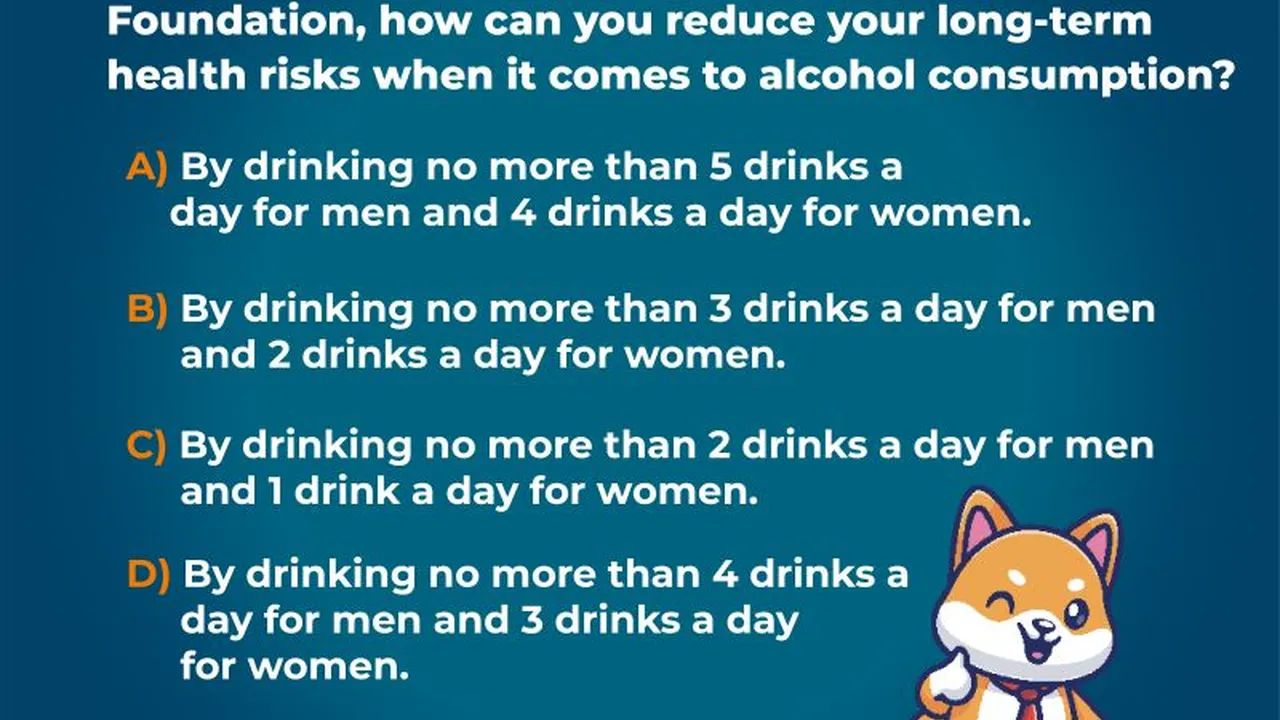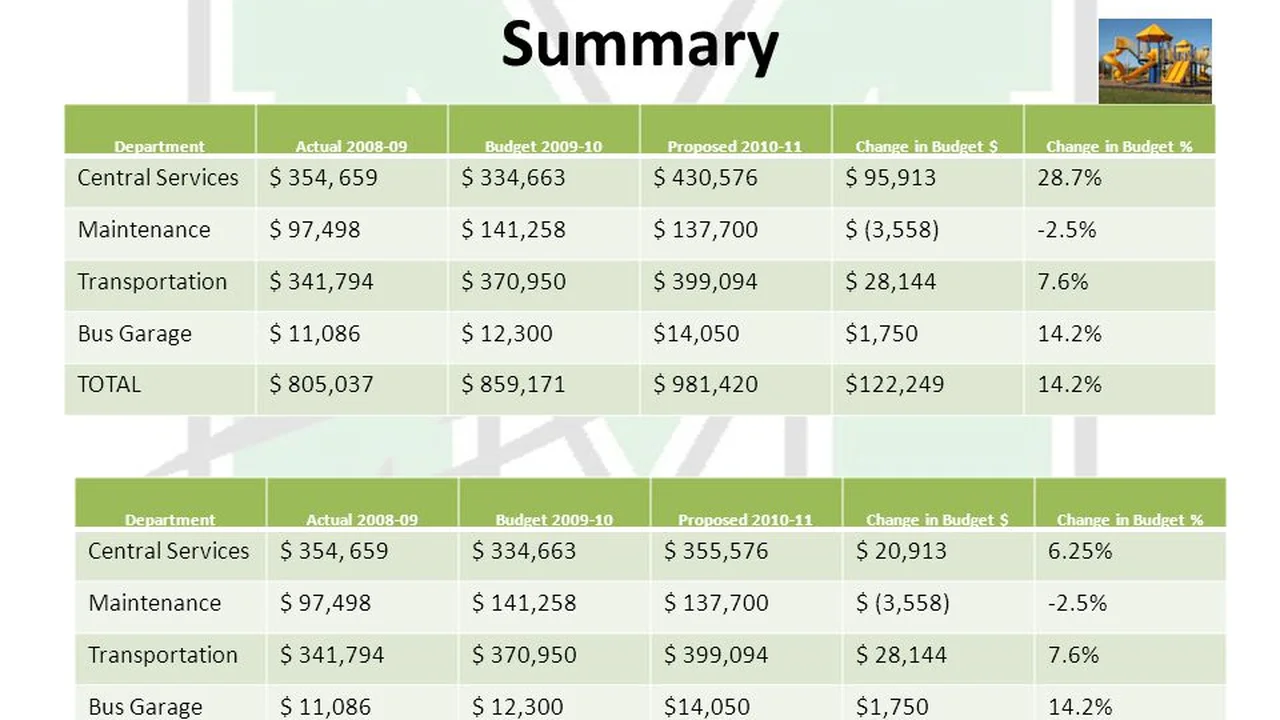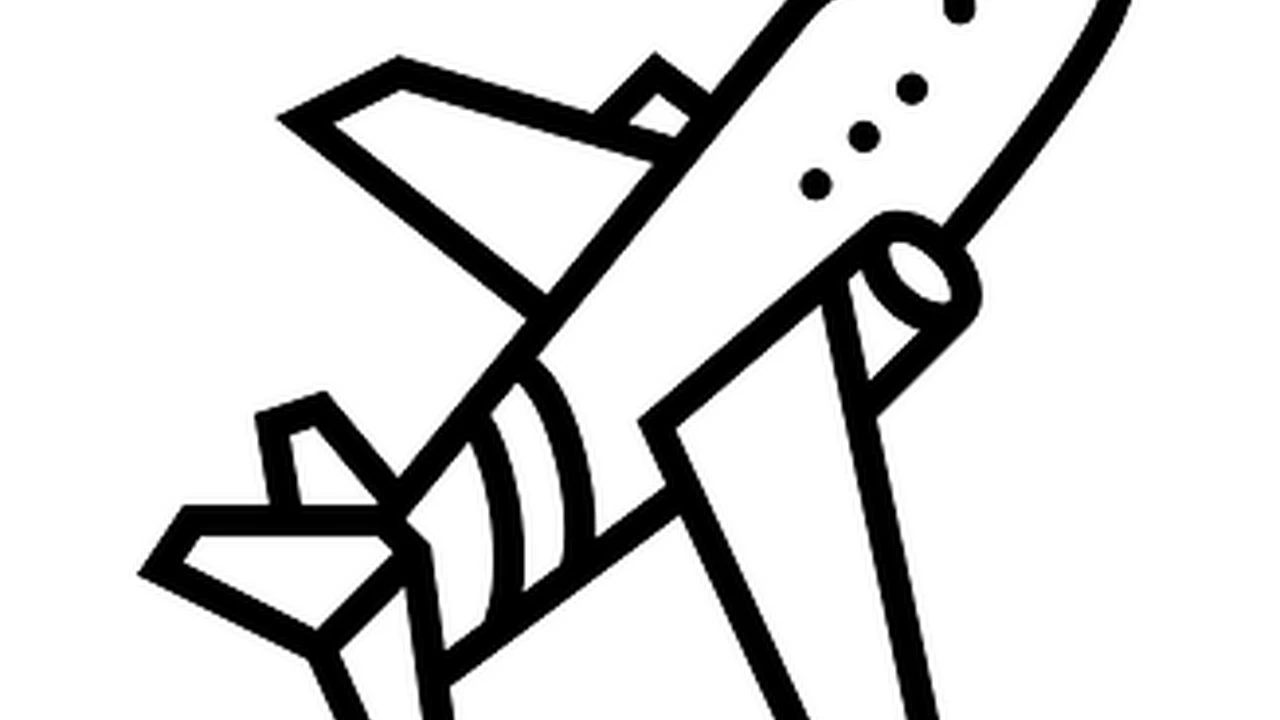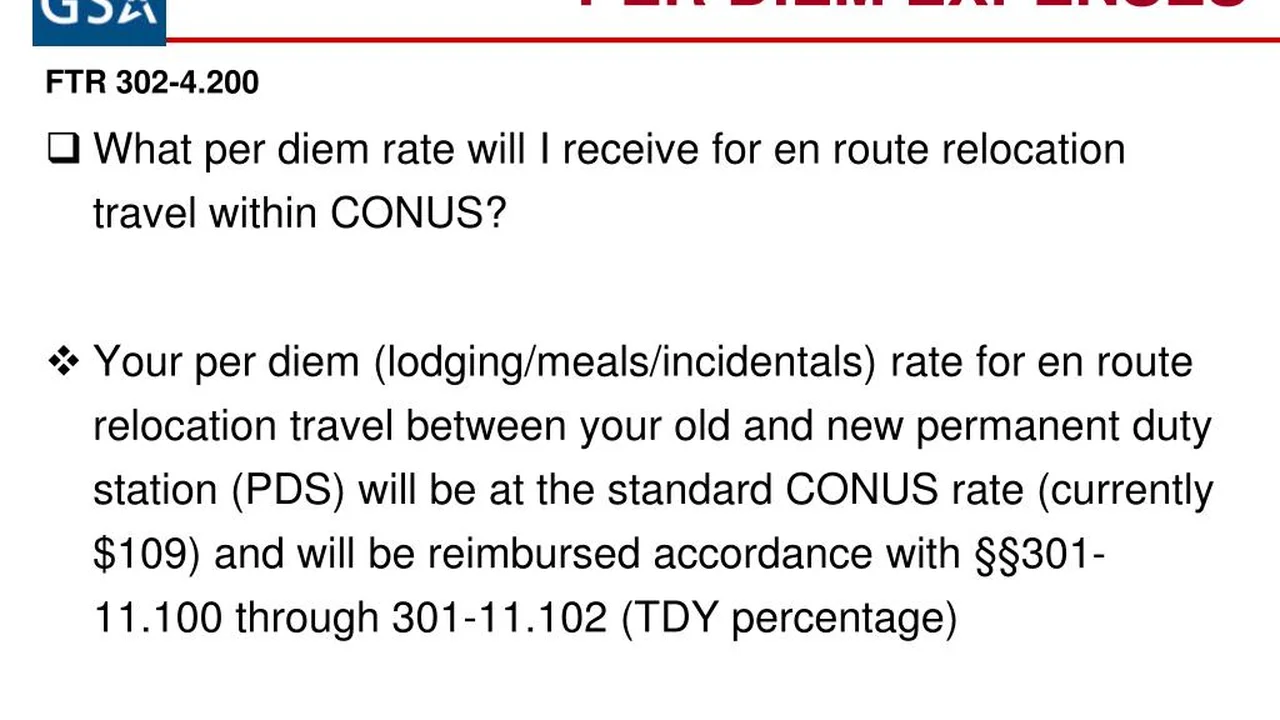Travel Insurance and Alcohol Consumption: Understanding the Limits

Understanding the Basics Travel Insurance and Alcohol
So, you're planning a trip, buzzing with excitement, and rightly so! But before you raise a glass (or several) on your adventure, let's talk about something less exhilarating but equally crucial: travel insurance and how your alcohol consumption might affect it. It's not exactly the most glamorous topic, but trust me, understanding the rules of the game can save you a massive headache (and a hefty bill) later on.
First things first: travel insurance is designed to protect you from unexpected events that can disrupt your trip, like medical emergencies, lost luggage, or trip cancellations. However, most policies have exclusions – specific situations where coverage doesn't apply. And guess what? Alcohol is often a key player in those exclusions.
Why? Because insurance companies see alcohol intoxication as a factor that can increase your risk of accidents, injuries, and bad decisions. If you're injured while under the influence, they might argue that your judgment was impaired, and therefore, they're not responsible for covering your medical expenses or other losses.
This doesn't mean you can't enjoy a glass of wine with dinner or a celebratory cocktail on the beach. It simply means you need to be aware of your policy's specific terms and conditions and drink responsibly. Read the fine print, folks! I know it's tedious, but understanding the exclusions related to alcohol is essential.
Key Policy Exclusions Alcohol Related Incidents
Okay, let's dive into the nitty-gritty. What exactly are these "alcohol-related incidents" that might void your travel insurance? Here are some common examples:
- Injuries Sustained While Intoxicated: This is the big one. If you fall down a flight of stairs after a few too many margaritas, your medical bills likely won't be covered. Same goes for accidents involving vehicles (scooters, bikes, etc.) while you're under the influence.
- Loss of Belongings Due to Intoxication: Did you leave your expensive camera on a park bench because you were a bit tipsy? Or perhaps you misplaced your passport after a night out? Your insurance company might not be so sympathetic. They could argue that the loss was due to your negligence caused by alcohol.
- Aggressive or Disruptive Behavior: Getting into a fight at a bar or causing a disturbance on a plane while drunk? That's a surefire way to invalidate your coverage. Travel insurance isn't there to protect you from the consequences of your own bad behavior.
- Pre-existing Conditions Exacerbated by Alcohol: If you have a pre-existing medical condition that's made worse by alcohol consumption, your insurance company might not cover the related expenses. For example, if you have a heart condition and a night of heavy drinking triggers a cardiac event, your claim could be denied.
The key takeaway? Your actions while under the influence directly impact your coverage. Be smart, be responsible, and avoid situations where alcohol could lead to accidents or injuries.
Defining Intoxication What Does Your Insurance Say About Blood Alcohol Content (BAC)
So, how do insurance companies define "intoxication"? This is where things can get a little tricky. Most policies don't explicitly define a specific blood alcohol content (BAC) level. Instead, they often use terms like "under the influence" or "intoxicated," which are open to interpretation.
However, in the event of a claim, the insurance company might request a blood alcohol test to determine your level of intoxication at the time of the incident. They'll likely use the legal BAC limits in the country or region where the incident occurred as a guideline.
It's important to remember that even if you're below the legal BAC limit for driving, you could still be considered "intoxicated" by your insurance company. They might argue that your judgment was impaired, regardless of your BAC level.
The best advice? Err on the side of caution. If you're planning to drink, do so responsibly and avoid situations where you might need to rely on your travel insurance. And always check your policy for specific definitions or clauses related to alcohol consumption.
Responsible Drinking on Vacation Tips for Staying Safe and Insured
Okay, so you want to enjoy a few drinks on vacation without jeopardizing your travel insurance. Here are some tips for staying safe and insured:
- Know Your Limits: This is obvious, but crucial. Pace yourself, drink plenty of water, and be aware of how alcohol affects you.
- Eat Before You Drink: Food helps slow down the absorption of alcohol into your bloodstream.
- Avoid Mixing Alcohol with Medications: Some medications can interact negatively with alcohol, increasing your risk of side effects.
- Stay in Familiar Surroundings: Avoid wandering off alone in unfamiliar areas after drinking. Stick with your travel companions or stay in well-lit, populated areas.
- Don't Drink and Drive (or Ride): This should go without saying, but never operate any vehicle (car, scooter, bike) while under the influence of alcohol.
- Be Aware of Local Laws: Different countries have different laws regarding alcohol consumption. Be sure to familiarize yourself with the local regulations before you start drinking.
- Keep Your Belongings Safe: Be extra careful with your valuables when you're drinking. Keep your wallet, phone, and passport secure.
- Inform Someone of Your Plans: Let a friend or family member know where you're going and when you expect to be back.
By following these tips, you can enjoy your vacation responsibly and minimize the risk of alcohol-related incidents that could affect your travel insurance coverage.
Real Life Examples Alcohol and Travel Insurance Claims Denied or Approved
Let's look at some real-life examples to illustrate how alcohol consumption can impact travel insurance claims:
Scenario 1: Claim Denied
Sarah was on vacation in Mexico and had a few too many margaritas by the pool. She decided to go for a swim, even though she was feeling a bit unsteady. She slipped and hit her head on the side of the pool, resulting in a concussion. When she filed a claim for her medical expenses, her insurance company denied it, citing the policy's exclusion for injuries sustained while under the influence of alcohol. They argued that her impaired judgment contributed to the accident.
Scenario 2: Claim Approved (with Caveats)
John was on a business trip to Germany and had a glass of wine with dinner. While walking back to his hotel, he was hit by a car. He suffered a broken leg and required extensive medical treatment. His insurance company initially questioned the claim, as there was evidence he had consumed alcohol. However, after reviewing the police report and medical records, they determined that John was not significantly intoxicated and that the accident was primarily caused by the driver's negligence. The claim was approved, but with a higher deductible due to the alcohol consumption.
These examples highlight the importance of being aware of your policy's terms and conditions and drinking responsibly. Even a small amount of alcohol can potentially impact your coverage.
Travel Insurance Product Recommendations Suitable for Different Drinking Habits
Choosing the right travel insurance is crucial, especially if you plan on enjoying a few drinks on your trip. While no insurance policy explicitly encourages excessive drinking (and none *should*!), some offer slightly more lenient coverage in cases involving alcohol-related incidents. Here are a few examples, along with their pros, cons, and approximate prices (prices are estimates and can vary depending on your age, destination, and trip duration):
Option 1: World Nomads Explorer Plan
Description: World Nomads is a popular choice for adventurous travelers, known for its comprehensive coverage and flexible options. Their Explorer Plan offers a higher level of coverage for medical expenses, trip interruptions, and adventure activities.
Alcohol Considerations: While still having alcohol exclusions, World Nomads is known for being slightly more understanding in situations where alcohol was a contributing factor, but not the sole cause of the incident. They carefully evaluate each claim on a case-by-case basis.
Pros:
- High coverage limits for medical expenses.
- Covers a wide range of adventure activities.
- Flexible policy options.
- Good customer service.
Cons:
- Can be more expensive than other options.
- Alcohol exclusions still apply.
- May require additional coverage for certain pre-existing conditions.
Suitable for: Travelers who plan on participating in adventure activities and want comprehensive coverage, even if they plan on enjoying a few drinks. Ideal for those who prioritize good customer service and flexibility.
Approximate Price: $80 - $150 per week, depending on destination and age.
Option 2: Allianz Global Assistance AllTrips Premier Plan
Description: Allianz Global Assistance offers a variety of travel insurance plans, with the AllTrips Premier Plan being their most comprehensive option. It includes coverage for trip cancellations, medical emergencies, and lost luggage.
Alcohol Considerations: Allianz also has alcohol exclusions, but they have a reputation for being fair in their claims assessments. It's crucial to document everything thoroughly in case of an incident. They might be more lenient if alcohol was a minor factor and the incident was primarily caused by other circumstances.
Pros:
- Comprehensive coverage for various travel risks.
- Trip cancellation and interruption coverage.
- 24/7 assistance services.
Cons:
- Alcohol exclusions apply.
- Can be expensive for shorter trips.
- Policy wording can be complex.
Suitable for: Travelers who want comprehensive coverage and are willing to pay a premium for peace of mind. Good for those who travel frequently and want an annual policy.
Approximate Price: $300 - $500 per year (annual policy).
Option 3: Travel Guard Essential Plan
Description: Travel Guard offers a range of travel insurance plans, from basic to comprehensive. The Essential Plan is a more budget-friendly option that still provides essential coverage for medical emergencies and trip cancellations.
Alcohol Considerations: Travel Guard, like others, has alcohol exclusions. However, they are generally considered to be reasonable in their claims handling. It's essential to be transparent and honest about your alcohol consumption if you need to file a claim.
Pros:
- Affordable option for budget-conscious travelers.
- Covers essential travel risks.
- Easy to understand policy wording.
Cons:
- Lower coverage limits than more comprehensive plans.
- Alcohol exclusions apply.
- May not cover all adventure activities.
Suitable for: Travelers who are looking for affordable coverage and are less concerned about comprehensive benefits. Good for shorter trips and travelers who don't plan on participating in high-risk activities.
Approximate Price: $40 - $80 per week, depending on destination and age.
Comparing Travel Insurance Policies Factors to Consider When Choosing
When comparing travel insurance policies, consider the following factors:
- Coverage Limits: How much coverage does the policy provide for medical expenses, trip cancellations, and other losses?
- Exclusions: What specific situations are excluded from coverage? Pay close attention to the alcohol-related exclusions.
- Deductible: How much will you have to pay out-of-pocket before the insurance company starts covering your expenses?
- Pre-existing Conditions: Does the policy cover pre-existing medical conditions? If so, what are the limitations?
- Adventure Activities: Does the policy cover the activities you plan on participating in, such as skiing, scuba diving, or hiking?
- Customer Service: Does the insurance company have a good reputation for customer service and claims handling?
- Price: How much does the policy cost? Compare prices from different providers to find the best value.
Don't just focus on the price. It's more important to choose a policy that provides adequate coverage for your specific needs and travel style. Read reviews, compare policies carefully, and don't hesitate to contact the insurance company directly if you have any questions.
Documenting Incidents Alcohol Related Claims Evidence and Best Practices
If you find yourself in a situation where you need to file a travel insurance claim involving alcohol, proper documentation is crucial. Here are some best practices:
- Report the Incident Immediately: Contact your insurance company as soon as possible after the incident occurs.
- Gather Evidence: Collect any relevant documents, such as police reports, medical records, and receipts.
- Be Honest and Transparent: Provide accurate and complete information about the incident, including your alcohol consumption.
- Take Photos or Videos: If possible, take photos or videos of the scene of the incident.
- Keep Detailed Records: Keep a record of all communications with the insurance company.
- Get a Written Statement: If there were witnesses to the incident, ask them to provide a written statement.
- Review Your Policy Carefully: Make sure you understand the terms and conditions of your policy.
The more evidence you can provide, the stronger your claim will be. Be honest and upfront with your insurance company, and don't try to hide or downplay your alcohol consumption. Transparency is key.
The Future of Travel Insurance and Alcohol Consumption Trends and Predictions
The travel insurance industry is constantly evolving, and it's likely that policies will continue to adapt to changing travel trends and consumer behavior. Here are some potential future trends regarding alcohol consumption and travel insurance:
- More Personalized Policies: Insurance companies may start offering more personalized policies that take into account individual drinking habits and risk profiles.
- Wearable Technology Integration: Wearable technology, such as fitness trackers and smartwatches, could be used to monitor alcohol consumption and provide real-time feedback to travelers. This data could potentially be used to adjust insurance premiums or provide incentives for responsible drinking.
- Increased Transparency: Insurance companies may be required to be more transparent about their alcohol-related exclusions and claims handling processes.
- Greater Emphasis on Responsible Drinking Education: Insurance companies may invest in educational programs to promote responsible drinking among travelers.
- AI-Powered Claims Processing: Artificial intelligence (AI) could be used to automate the claims processing process and improve the accuracy of claims assessments.
As technology advances and consumer expectations change, the travel insurance industry will need to adapt to remain relevant and competitive. This includes finding new ways to address the challenges and opportunities presented by alcohol consumption among travelers.
:max_bytes(150000):strip_icc()/277019-baked-pork-chops-with-cream-of-mushroom-soup-DDMFS-beauty-4x3-BG-7505-5762b731cf30447d9cbbbbbf387beafa.jpg)






